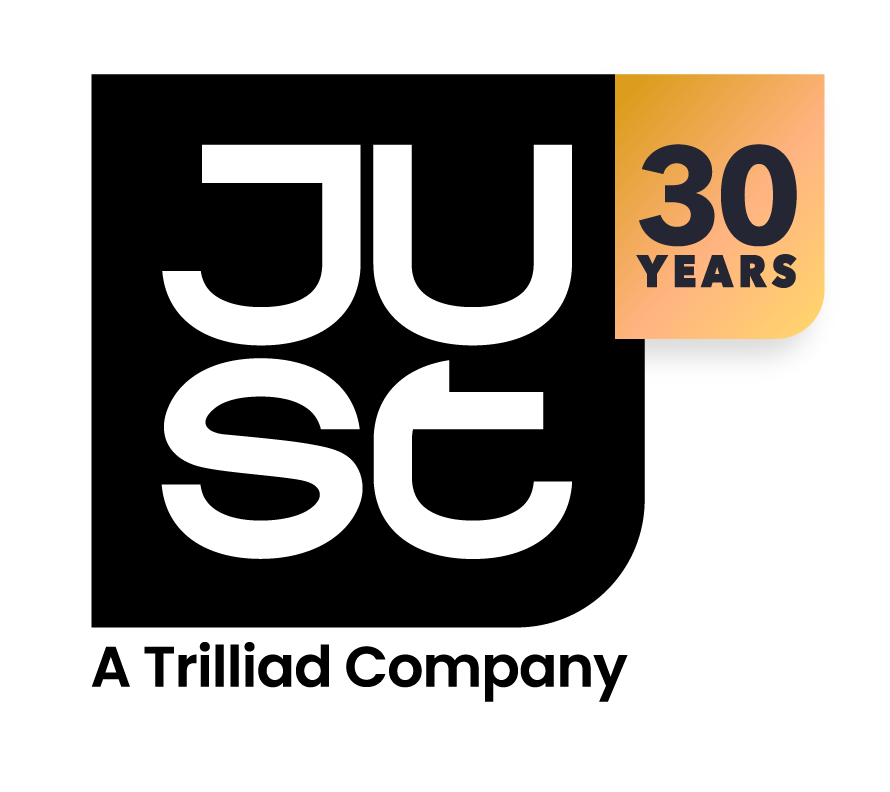
Mark Zuckerberg’s recent announcement has sent shockwaves through the marketing world, and for good reason. He promises that 2018 will be the year that Facebook turns its focus back to the core experience of connecting users with friends and family. There is a lot of speculation in the market at this time about what kind of effect this will have on brands who rely on Facebook so heavily for community engagement and paid advertising efforts. While we are still waiting to see some of these changes take place, we have some ideas around what this announcement could mean for brands and how brands can be proactive about addressing these changes.
Lower Organic Reach: This one probably doesn’t come as a surprise as it is a trend most brands have been seeing for some time now. Due to the shift in newsfeed priorities, brands will see lower reach and in turn less engagement, lower video views and slower traffic on organic posts.
- Solution: Continue to test on the organic side. It is still very important to test here and engage with the community that you have built. Though reach may be lower than you have seen in previous years, the data should inform you of what your core audience thinks about your brand. Using this information, push out whatever articles, announcements or posts are gaining traction to prospective customers through paid efforts.
More Competition on the Paid Side: Brands that have been heavily reliant on organic posts will start taking advantage of the paid side of the platform to boost reach, traffic, video views, etc. This means more competition and increasing costs on the advertising side.
- Solution: Focus on achieving business outcomes and use Facebook to drive demand. By fully taking advantage of the sophisticated tools available in the platform, you can stay ahead of competition and enhance user value. Focus on conversion campaigns over traffic-driving campaigns using the FB pixel to optimize towards actions off the platform (i.e. form fill, landing, button click).
Stricter QA Process: Part of the problem has been the influx of fake news and spam content across the platform. Facebook has already taken measures to ensure that organic posts cannot be altered so that users are not falling victim to clickbait. While there are no changes to the ads ranking at this time, we expect some of the measures taken on the organic side to trickle into the paid side as well. We also expect to see a stronger focus on the relevancy score moving forward.
- Solution: Focus on better creative and messaging. Make sure that the content you are promoting is relevant to the target audiences that you are reaching in your paid campaigns. Use the relevancy score to determine whether or not an asset would be interesting to your target audience. Use topics, keywords and phrases from content to build out target audiences in the Facebook platform to ensure alignment. Follow creative best practices for Facebook rather than using a blanket approach across all digital channels. A/B test images, headlines, call-to-actions and landing pages to drive performance and provide the optimal experience for users.
Decrease in Time Spent on the Platform: Zuckerberg made it known in his announcement that he expects there to be a decrease in time spent on the platform due to the newsfeed changes in store. Paired with this, he expects the quality of this time to increase. Facebook’s daily usage already clocks in at a much higher rate than other social platforms at 35 minutes, so it’s safe to say that the company is willing to sacrifice some of that time if it means users are enjoying their time on the platform. This means higher retention rates and higher likelihood of new users willing to sign on.
- Solution: Diversify your social campaigns and test platforms outside of Facebook. If the platform does see a decrease in time spent, those users are most likely spending their time on other sites and apps. In addition to testing out other social platforms such as LinkedIn and Twitter, we recommend taking a holistic approach and utilizing digital channels such as native, display and search to drive business results.
This announcement marks the next step in Facebook’s evolution and I’m sure it will not be the last. As Facebook users, we can all rejoice that our news feeds will no longer be cluttered with meaningless listicles, quizzes and “news.” As marketers, let’s see this as an opportunity to clean up our act and connect users with brands and products that will truly add value to their lives.

T E R R A B A Y K A L
Senior Paid Social Media Supervisor
Resources:
https://www.facebook.com/zuck/posts/10104413015393571
https://www.linkedin.com/pulse/advertising-facebook-get-ready-tough-sledding-ahead-beth-bauch/
https://www.emarketer.com/content/the-facebook-news-feed-conundrum?ecid=NL1001
https://newsroom.fb.com/news/2016/06/building-a-better-news-feed-for-you/
http://www.adweek.com/digital/mediakix-time-spent-social-media-infographic/
